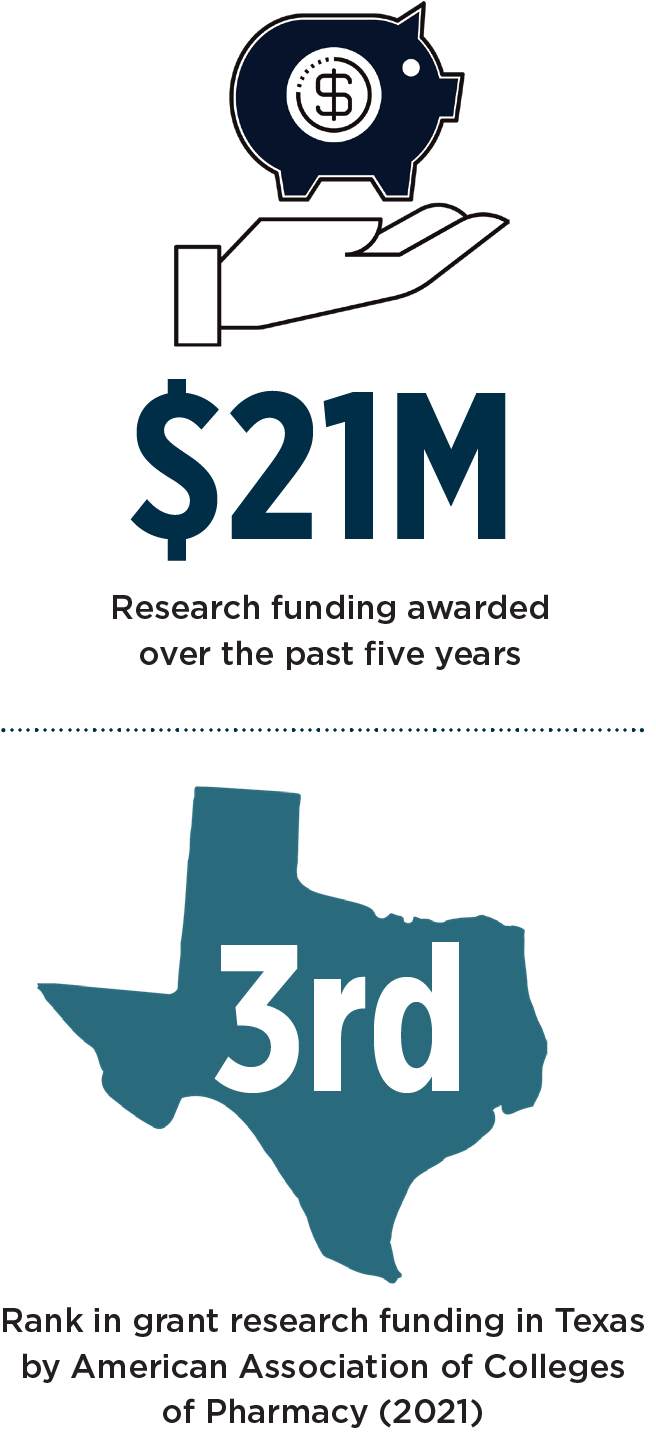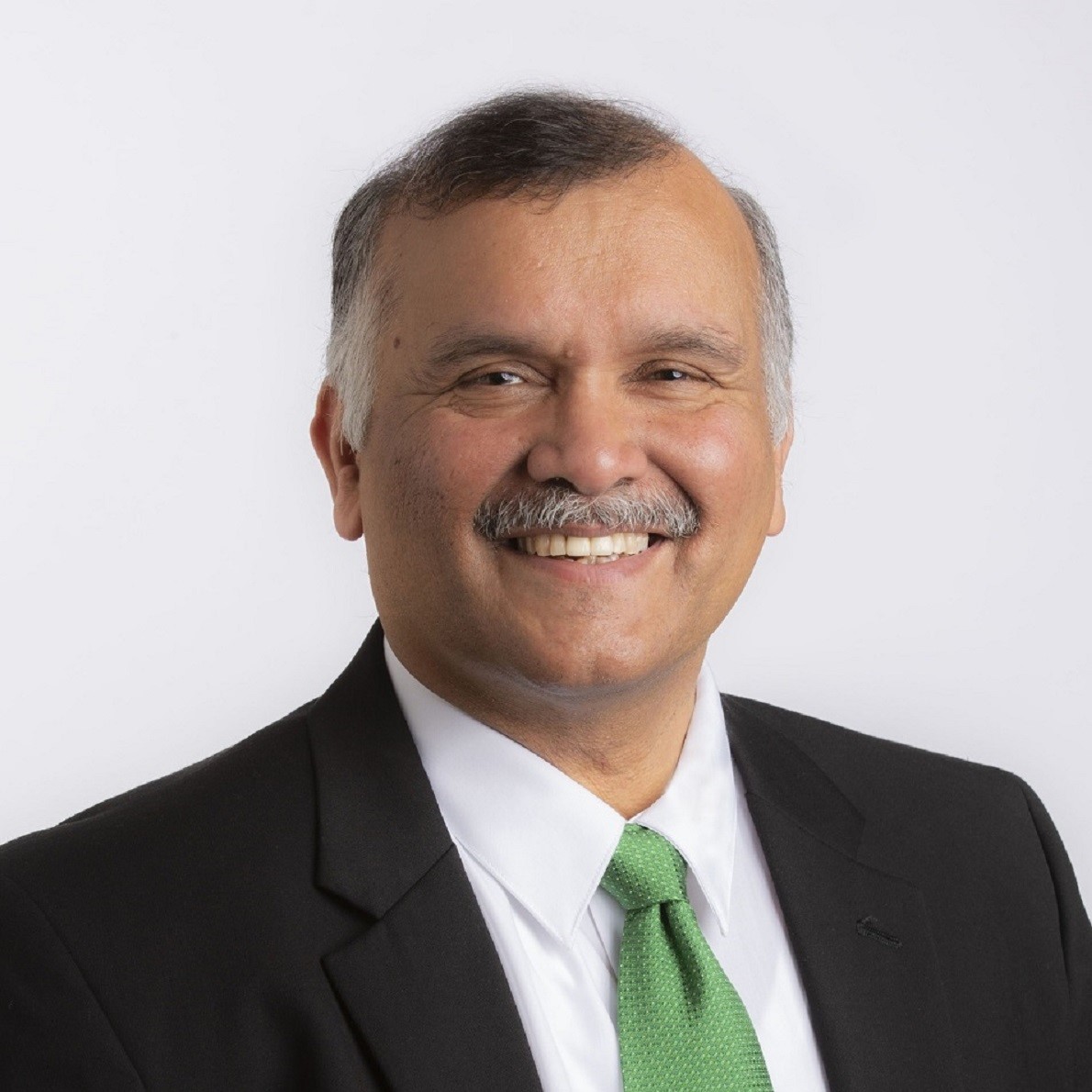College of Pharmacy

HSC College of Pharmacy, established in 2011 and fully accredited in 2017, was the first pharmacy college located in North Texas to offer all four years of the PharmD curriculum.
Statistics


Dr. S. Suresh Madhavan

joined the College of Pharmacy as Dean in June 2019, and he has more than 30 years of experience in pharmacy education. Dean Madhavan’s primary areas of research interest include health services and outcomes research. He has been recognized by many pharmacy organizations for his contributions to research, academia and the pharmacy profession.
Dr. Madhavan earned a PhD in Pharmacy Administration from Purdue University in West Lafayette, Indiana, a Master of Business Administration from University of Poona, India, and a Bachelor of Pharmacy from the University of Bombay, India.
College of Pharmacy Programs
The College of Pharmacy provides a student-focused learning experience delivered through an innovative curriculum. With a foundation of collaborative interprofessional learning and experiential training with an emphasis on a patient- centered philosophy, HSC prepares student pharmacists for diverse career opportunities in a continuously evolving health care landscape.
Faculty clinical pharmacists are board-certified and practice in specialties ranging from ambulatory care and internal medicine to infectious diseases and pediatrics. Students have access to more than 1,500 licensed pharmacist preceptors at rotation sites in Texas.
HSC researchers are leaders in drug discovery and achieving health equity that advance patient care and improve health. Students are an integral part of the faculty’s research activities with abundant opportunities ranging from pharmaceutical sciences to health outcomes research.
Building on the strength of the PharmD program and faculty expertise, the college offers additional educational programs and dual degrees to pursue specialized career paths to match students’ strengths and interests.
Gain knowledge and understanding of health outcomes research and data-driven insights to inform decision-making, policy and best practices in clinical and nonclinical settings, including health systems, managed care and pharmaceutical and biotech companies through:
- Hands on analytical skill-building with evidenced-based, real-world data
- Electives including application of Artificial Intelligence/Machine Learning in clinical and outcomes research
Learn how drugs and medicines are discovered and developed, and increase understanding of clinical, medical and regulatory affairs in the drug discovery and development process.
- Complete a nonthesis master’s degree with tracks: medicinal chemistry, formulation science or pharmacology and toxicology
- Expand professional network through capstone research/industry internship
Ideal programs to build your professional skills or to gain an advantage in the pursuit of graduate programs, residencies and fellowships.
- Applied Health Outcomes Research
Learn the fundamental elements of outcomes research with real-world data to gain a basic knowledge and understanding of evidence-based decision making.
- Drug Discovery and Development
Gain a basic understanding of clinical, medical and regulatory affairs in the drug discovery and development process.
- Pharmacometrics
Learn the skills and quantitative tools that are used in drug development, regulatory decision-making and precision dosing.


Social media